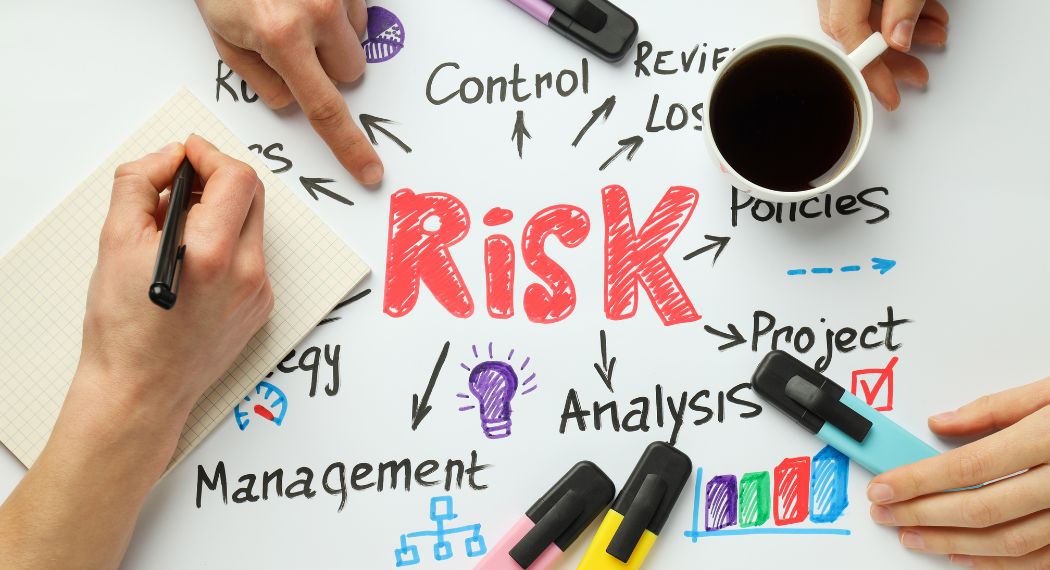Innovative
Risk
Solutions
Delivered
For over 15 years, Lateral Consult Nigeria Limited has transformed business risk management, ensuring superior protection and financial stability for over 300 clients. We are recognized for our expertise, professionalism, and customized insurance & risk management solutions that address the evolving risks of today’s dynamic landscape.


YEAR OF EXPERIENCES
- 2008 LATERAL CONSULT JOURNEY STARTS
Reliable Risk Management Excellence.
At Lateral Consult Nigeria Limited, we are committed to delivering unparalleled risk management solutions that safeguard your business and assets. Our team of seasoned professionals ensures that every risk is meticulously assessed and expertly managed with precision and care. With a focus on innovation, integrity, and excellence, we provide reliable protection you can trust.
- Trusted by Industry Leaders
- Proven Track Record of Success
- Delivering Consistent Client Satisfaction
Our clients consistently choose Lateral Consult Nigeria Limited for our unwavering commitment to excellence, personalized service, and reliable results. We pride ourselves on building lasting relationships by providing tailored solutions that meet clients’ unique needs, ensuring their peace of mind and long-term success.
- Our Services
Enhancing Business Risk Protection
We offer comprehensive services designed to protect your business and enhance its growth potential. With our innovative approach and deep industry expertise, we provide tailored solutions that mitigate risks and safeguard your valuable assets, ensuring long-term success.
WHY CHOOSE US

- WE ARE
Your Trusted Partner in Risk Management
For over a decade, we have redefined the standards of risk assessment and insurance consultancy, providing customized solutions that truly protect our clients. Our team combines deep technical knowledge with an innovative approach to deliver tailor-made strategies that mitigate risk and safeguard your assets. When you partner with us, you are assured of integrity, professionalism, and a commitment to securing your financial future.
• Expertise You
Can Rely On
Our team of experienced professionals brings decades of knowledge, ensuring every solution is grounded in a sound, technical understanding of the industry.
• Tailored Solutions
for Your Needs
We believe in personalized service, creating custom insurance and risk management strategies to meet your unique requirements and challenges.
• Unwavering Commitment to
Integrity
At Lateral Consult, transparency and honesty form the foundation of our business, ensuring you always receive trustworthy advice and solutions.
• Proactive
Risk Management
We stay ahead of emerging risks, offering proactive strategies that prevent losses and protect your wealth, giving you peace of mind.
- Our Testimonial
Trusted by Many
Our client’s satisfaction is a testament to our dedication and expertise. Hear what they say about their experience with Lateral Consult Nigeria Limited.


- FAQ
Let's Answer Your Pressing Questions!
Lateral Consult offers various services, including Risk Survey/Assessment, Insurance Consultancy & Advisory, Product/Market Development, and Claims Recovery/Investigation. We focus on providing personalized insurance solutions and expert risk management strategies.
We provide tailor-made solutions, moving away from the traditional "one size fits all" approach. Our detailed assessments and innovative risk management strategies set us apart, ensuring each client receives personalized service designed for their needs.
Our risk survey and assessment process thoroughly examines your assets, operations, and potential vulnerabilities. We provide technical insights that help underwriters make informed risk acceptance and management decisions.
While we do not sell insurance directly, we provide consultancy and advisory services that help businesses and individuals find the right insurance products tailored to their needs. We also work with underwriters to develop custom insurance solutions.
We analyze market trends and customer needs to create innovative insurance products that align with current risks. Our solutions are designed to help businesses stay competitive and protected in an ever-evolving risk environment.
You can start by contacting us for a consultation. We will assess your needs and propose customized solutions for risk management and insurance challenges.
We provide tailored insurance and risk management solutions for high-net-worth individuals, helping them protect their wealth and assets. Our services are available to both businesses and individuals.
A risk survey is a detailed assessment of potential risks affecting your assets or operations. It’s essential to identify vulnerabilities that may not be immediately obvious and ensure your insurance coverage matches your actual risk exposure.
We continuously monitor industry trends and evolving risk factors to prepare our clients for new challenges. Our proactive approach helps prevent losses and protects clients in an unpredictable world.
You can reach us via phone, email, or the contact form on our website. Our team is ready to answer any questions and provide you with the best risk management and insurance solutions tailored to your needs.
- Our Blog Updates
Stay Informed with Expert Insights.
Explore our latest blog updates for valuable tips, trends, and expert advice on risk management and insurance solutions tailored to your business.
Mastering Risk Management: An Essential Guide for…
Risk management is identifying, analyzing, and mitigating the risks that could negatively affect your business. These risks can come in many forms—financial, operational, legal, or even natural disasters. The goal is not to eliminate risk...
The Critical Importance of Risk Assessment for…
Risk is inevitable in running a business, but how you handle it can distinguish between thriving and struggling. A comprehensive risk assessment is a proactive way to identify potential challenges before they become significant problems.
Tailored Insurance Solutions: Why Customization Beats Generic…
When it comes to insurance, the traditional "one size fits all" approach no longer works for today's dynamic and diverse business landscape. Every business, individual, and organization faces...
How Expert Risk Consultants Drive Unstoppable Business…
Business continuity is the lifeline of any successful organization. It ensures that your business can continue operating despite unexpected challenges, whether natural disasters, cyber-attacks, or sudden market shifts.




